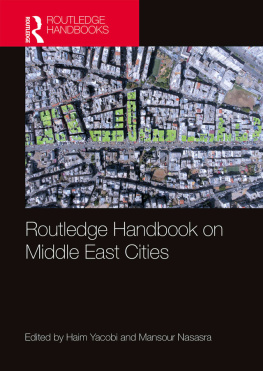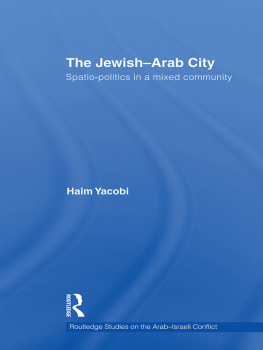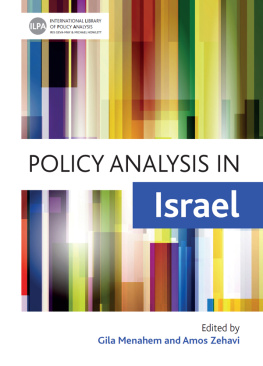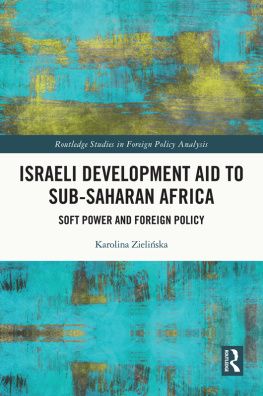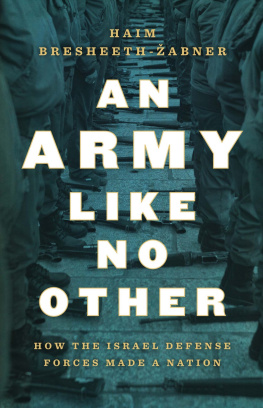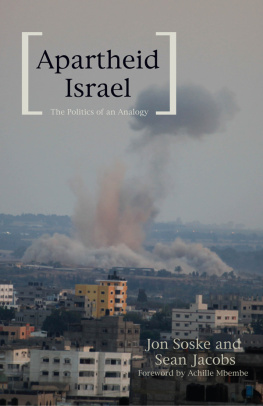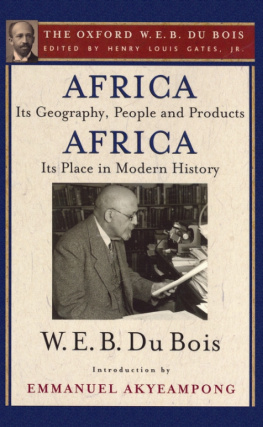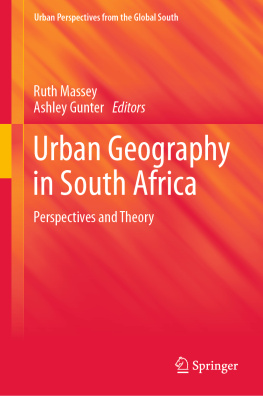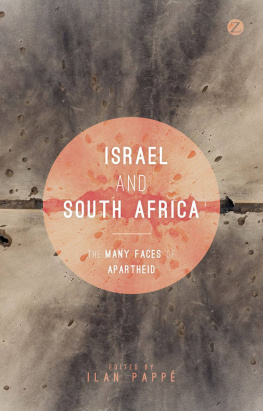
Haim Yacobis book brings a welcome addition to our understanding of the complex ways in which Africa has informed the construction of identities elsewhere. Admitting that there are parallels with the orientalist gaze through which Europe has looked upon Africa, this book effectively highlights the specificity of the Israeli case. It discusses in a crystal clear way how throughout the 20th century Israel constructed an idea of Africa in order to define its own identity and how today the Africa in Israel issues remains very much at the heart of Israeli politics. Yacobi asks unsettling questions on contemporary stances towards Africa that are not only relevant for the Israeli context, but have wider ramifications. The book does not only provides new knowledge on a hitherto little known topic, but also offers a stimulating theoretical framework that will trigger new scholarly debate, especially on 20th century architecture history in/on Sub-Saharan Africa.
Prof. Johan Lagae, Department of Architecture and Urban Planning, Ghent University
In this thought provoking book, Haim Yacobi takes us on a fascinating journey into the African presence in Israel and the Israeli presence in Africa. Charting a series of back and forth movements between Africa and Israel involving diplomats, refugees, curators, migrants, architects and planners Yacobi investigates Africas role in the production of Israeli moral geographies. The book is an important addition to the debate on colonial discourse and practices in Israel, demonstrating how colonial practices of militarized nation-building and modernist planning were exported from Israel to Africa, and presented there as tools of decolonisation. Israels fascination-rejection relationship with Africa exposes the profound ambiguities at the heart of the Israeli project itself.
Dr. Yair Wallach, Pears Lecturer in Israeli Studies, SOAS, University of London
This timely and provocative book shows how geographic imaginations of Africa were constitutive of Israeli identity since the beginning of the Jewish State. Haim Yacobi argues that Israeli state-building practices, including territorial planning, population control and economic management, were shaped in a continuous to-and-fro between Israel and Africa. Straddling architecture, planning, politics and economy, this book shows how exchange with Africa continue to inform Israeli self-perception and its gaze on African migrants and the Palestinian population.
Dr. Lukasz Stanek, Manchester Architecture Research Centre
Israel and Africa
Israel and Africa critically examines the ways in which Africaas a geopolitical entityis socially manufactured, collectively imagined but also culturally denied in Israeli politics. Its unique exploration of moral geography and its comprehensive, interdisciplinary research offers new perspectives on Israeli history and society.
Through a genealogical investigation of the relationships between Israel and Africa, this book sheds light on the processes of nationalism, development, and modernization, exploring Africas role as an instrument in the constant re-shaping of Zionism. Through looking at Israel in Africa as well as Africa in Israel, it provides insightful analysis on the demarcation of Israels ethnic boundaries and identity formation as well as proposing the different practices, from architectural influences to the arms trade, that have formed the geopolitical concept of Africa. It is through these practices that Israel reproduces its internal racial and ethnic boundaries and spaces, contributing to its geographical imagination as detached not solely from the Middle East but also from its African connections.
This book would be of interest to students and scholars of Middle Eastern and Jewish Studies, as well as Post-colonial Studies, Geography, and Architectural History.
Haim Yacobi is Senior Lecturer in the Department of Politics and Government at the Ben-Gurion University of the Negev, Israel.
Routledge Studies in Middle Eastern Geography
1. Israel and Africa
A genealogy of moral geography
Haim Yacobi

First published 2016
by Routledge
2 Park Square, Milton Park, Abingdon, Oxon OX14 4RN
and by Routledge
711 Third Avenue, New York, NY 10017
Routledge is an imprint of the Taylor & Francis Group, an informa business
2016 Haim Yacobi
The right of Haim Yacobi to be identified as author of this work has been asserted by him in accordance with sections 77 and 78 of the Copyright, Designs and Patents Act 1988.
All rights reserved. No part of this book may be reprinted or reproduced or utilized in any form or by any electronic, mechanical, or other means, now known or hereafter invented, including photocopying and recording, or in any information storage or retrieval system, without permission in writing from the publishers.
Trademark notice: Product or corporate names may be trademarks or registered trademarks, and are used only for identification and explanation without intent to infringe.
British Library Cataloguing-in-Publication Data
A catalogue record for this book is available from the British Library
Library of Congress Cataloging-in-Publication Data
Yacobi, Haim.
Israel and Africa : a genealogy of moral geography / by Haim Yacobi.
pages cm. (Routledge studies in Middle Eastern geography ; 1)
1. AfricaRelationsIsrael. 2. IsraelRelationsAfrica. 3. IsraelCivilizationAfrican influences. 4. IsraelisEthnic identity. 5. National characteristics, Israeli. I. Title.
DT38.9.I8Y34 2015
303.482569406dc23
2015002974
ISBN: 978-1-138-90237-4 (hbk)
ISBN: 978-1-315-69747-5 (ebk)
Typeset in Times New Roman
by Swales & Willis Ltd, Exeter, Devon, UK
The original edition of this manuscript was published in Hebrew by the Van Leer Jerusalem Institute.
Why are you so interested in Africa? friends and colleagues ask when I tell them about this research project. This question is understandable since for the last decade my research work has focused on urban geopolitics in Israel, ethnic relations, and critical writing on architecture and urban planning. My answer to this question is simple: this book is not about Africa, but rather about Israel. It critically examines the ways in which Africaas a geopolitical entityis socially manufactured, collectively imagined but also culturally denied within Israeli politics. The main argument of this book is that a genealogical investigation of the relationships between Israel and Africa sheds light on analogical processes of nationalism, development, and modernization. After a short while I get a nod of understanding, with the Uganda Plan, Ethiopians, and South-Africa being the first associations that arise in regards to IsraelAfrica.
As I will discuss in this book, Africa has been and still is used as an instrument in the constant re-shaping of Zionism, which defines itself as a de-colonized Western territorial project. Such a perspective towards Israel in Africa as well as Africa in Israel is crucial for analyzing the demarcation of Israels ethnic boundaries and identity formation according to hierarchies of blackness, modernity, and inclusion/exclusion. This book proposes that Africa is constructed through different practices, including the export of colonial planning models from Israel to Africa; the circulation of architectural knowledge within colonial networks; the implementation of migration policies and border crossing from Africa to Israel; as well as the Israeli arms trade in Africas conflict zones. Through these practices Israel reproduces its internal racial and ethnic boundaries and spaces, contributing to its geographical imagination as detached not solely from the Middle East but also from its African connections.


